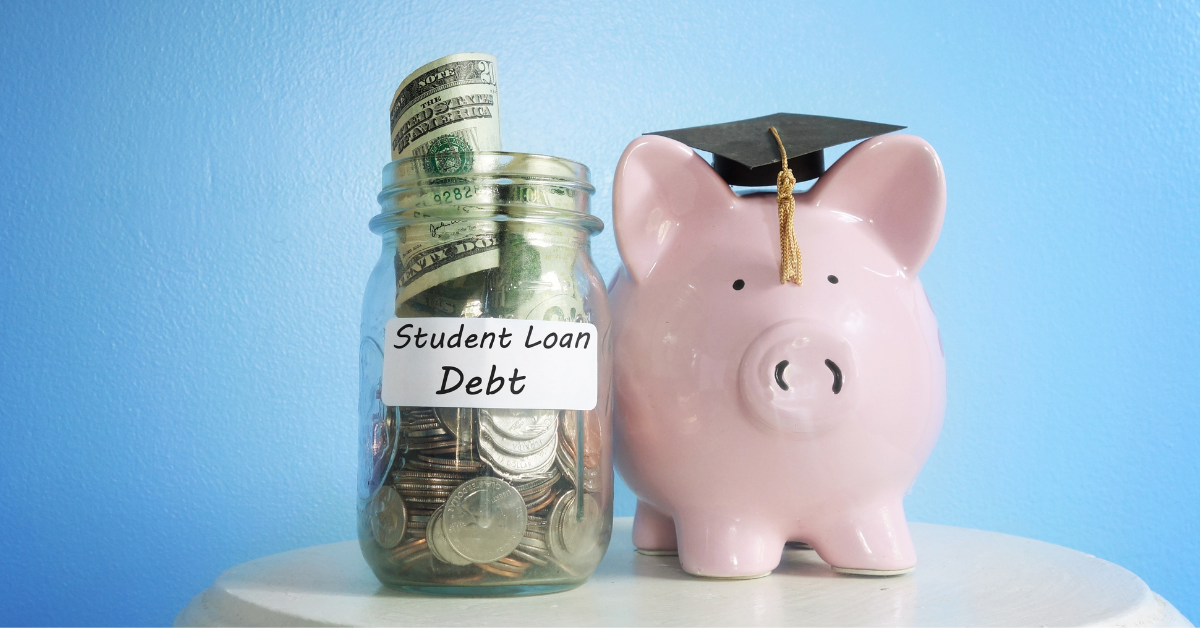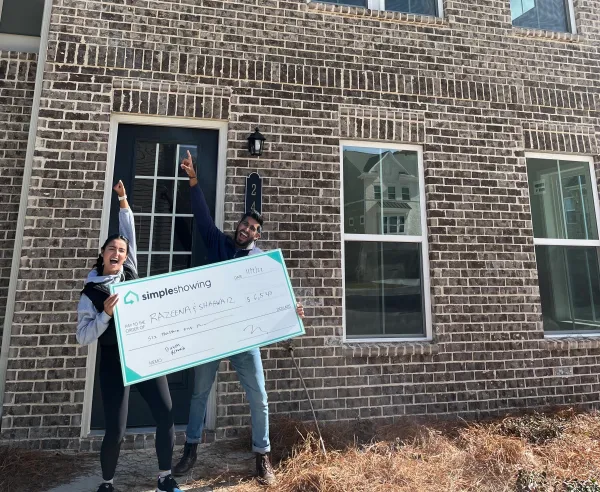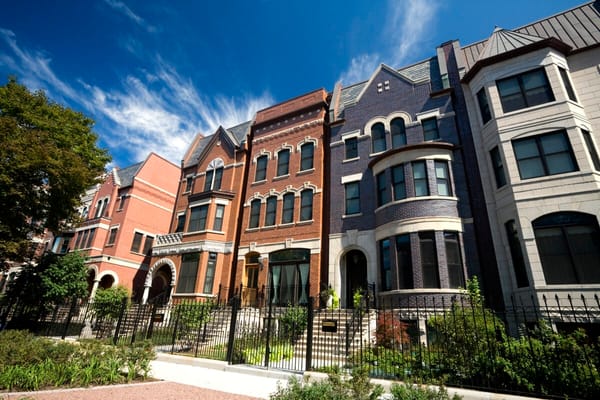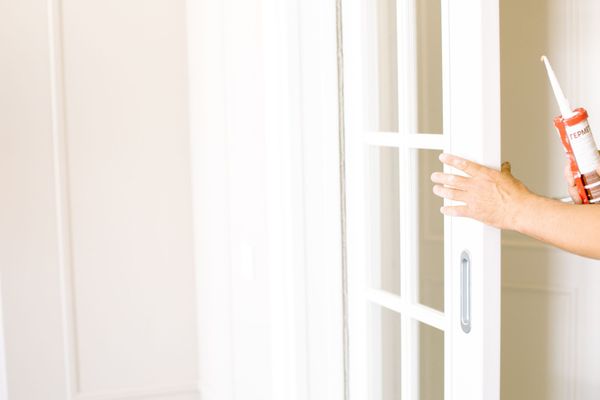Whether you have been out of college for a few years or quite a while at this point, you may dream of owning a home in the not-so-distant future. However, it can be expensive to get a home, especially with all the upfront costs. If you have student loans, it can even seem prohibitive. There are several pros and cons of getting a home before your loans are paid off.
Lowering Your Monthly Expenses
Saving for a down payment is possible if you are able to lower your monthly expenses enough. Part of each paycheck can go into a savings account for your home. Try to cut costs by shopping sales and using a budget to track all spending. You can even cut expenses when it comes to your student loans.
One way to save money is to refinance student loans to get a better rate or a longer term. While it might take longer to pay the money back, you won’t have to pay as much each month, so homeownership might be more attainable.
Understanding Debt vs. Income
To qualify for a mortgage, you will need to have a low enough debt-to-income ratio. A lender looks at other debt you already have, including student loans. If your ratio is too high, it means you already have a lot of debt in comparison to the amount of income you are bringing in.
It could be best to wait until more loans are paid off or your income increases. You can follow simple money management tips and increase it yourself through side hustles or a better job. Even getting a raise at work might be enough to push your annual income up enough to get a favorable mortgage. On the other hand, getting a student loan refinance can also help decrease the debt-to-income ratio.
Deciding if You Have a Large Enough Down Payment
It's a good idea to try for at least 20 percent of the home’s total price so you don’t need to get private mortgage insurance. However, with rising home prices, it’s not always possible to save this amount, and there are plenty of lenders that require a much smaller percentage.
You'll also want to ensure you have enough saved for hidden costs related to homeownership so you aren't taking on more than you can handle. When you have student loans, it’s especially important to ensure you aren’t getting in over your head.
Signs You Might Be Able to Afford a Home
Even if you are still paying off student loans, you may be able to afford a home if you already have a fairly large down payment saved up. And if you make enough income to cover additional costs, such as maintenance, you might be able to afford one.
In some cases, it can be better to own than rent, especially if you plan to stay in a quickly growing area for a number of years. You might be able to get a house that has more space for a similar monthly payment to a rental property. Plus, your home can grow in value over the years.






